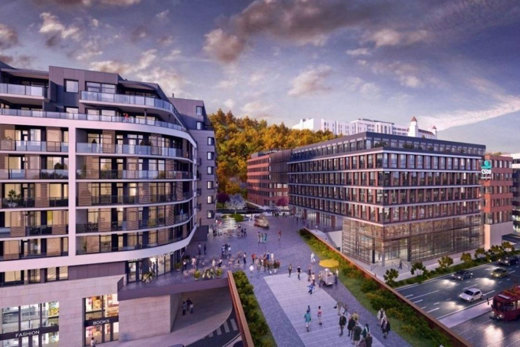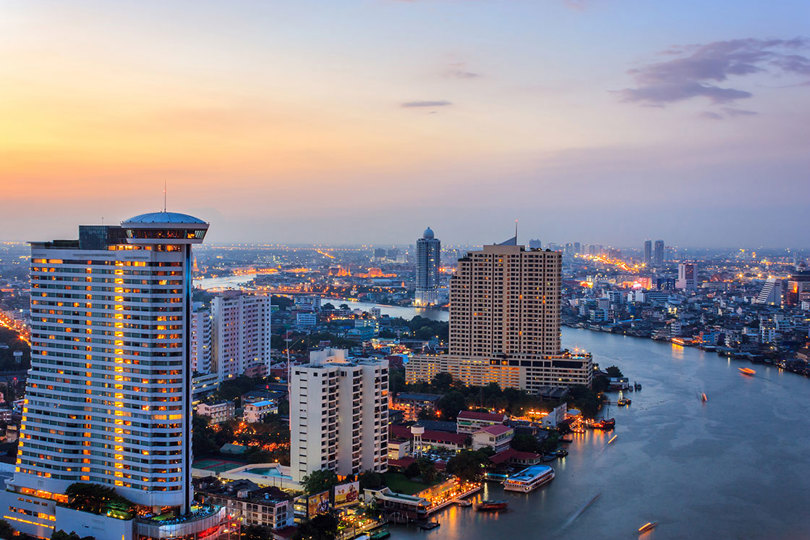
FRANCE: A new heating network makes the French city Nantes capable of reducing 17,000 tons of CO2 per year. The project takes place in several steps and includes schools, administrative buildings, a nursery and 7,400 residential apartments.
The construction of the Nord Chézine heating network is part of the policy of the municipality of Nantes (Nantes Métropole) and its climate plan to reduce CO2 emissions and relocate energy production.
The new network, in addition to the two existing networks in the area, will enable the French city to reduce local annual emissions by more than 17,000 tons of CO2 per year by 2020.
The contractor is IDEX, a supplier within the rapidly growing infrastructure markets including alternative energy, oil & gas, water, and wastewater. Danfoss Heating has collaborated closely and successfully with IDEX on several city projects.
80% renewable energy and heat recovery
“The project takes place from 2017-2021. We have decided on a stepwise approach for this five-year project. The connection network with the 98 Heavy Duty Stations for the residential apartments, nursery and schools will enable the Nord Chézine heating district network to be powered by more than 80% renewable energy and heat recovery. In addition to the 98 Heavy Duty Stations, District Energy will also supply 81 Light Duty Stations (Akva Lux II VX) for single-family housing, and one decoupling exchanger for the auxiliary gas-fired boiler,” says Key Account Manager Frédéric Cherel, Danfoss Heating, France.
Danfoss Heating is a world leading supplier in advanced heating components and systems delivering comfort and energy efficiency in residential and commercial buildings as well as enhanced heating performance in district energy network. The French market within district energy is strongly growing, and district heating and cooling from renewable and recovered energy sources is assumed to increase by a five-fold by 2030 (Euroheat & Power).

Urban efficiency is the key to sustainable growth
The UN Department of Economic and Social Affairs has estimated that by 2050, the world’s population will reach about 9.8 billion – nearly 70% of whom will live in cities.
And the cities are what we need to focus on to reach the goals of the Paris agreement, which sets out a framework to keep global warming below 2 degrees Celsius.
Explore our theme site on urban efficiency and discover why it’s the most effective way to turn the challenges of our cities into opportunities.
